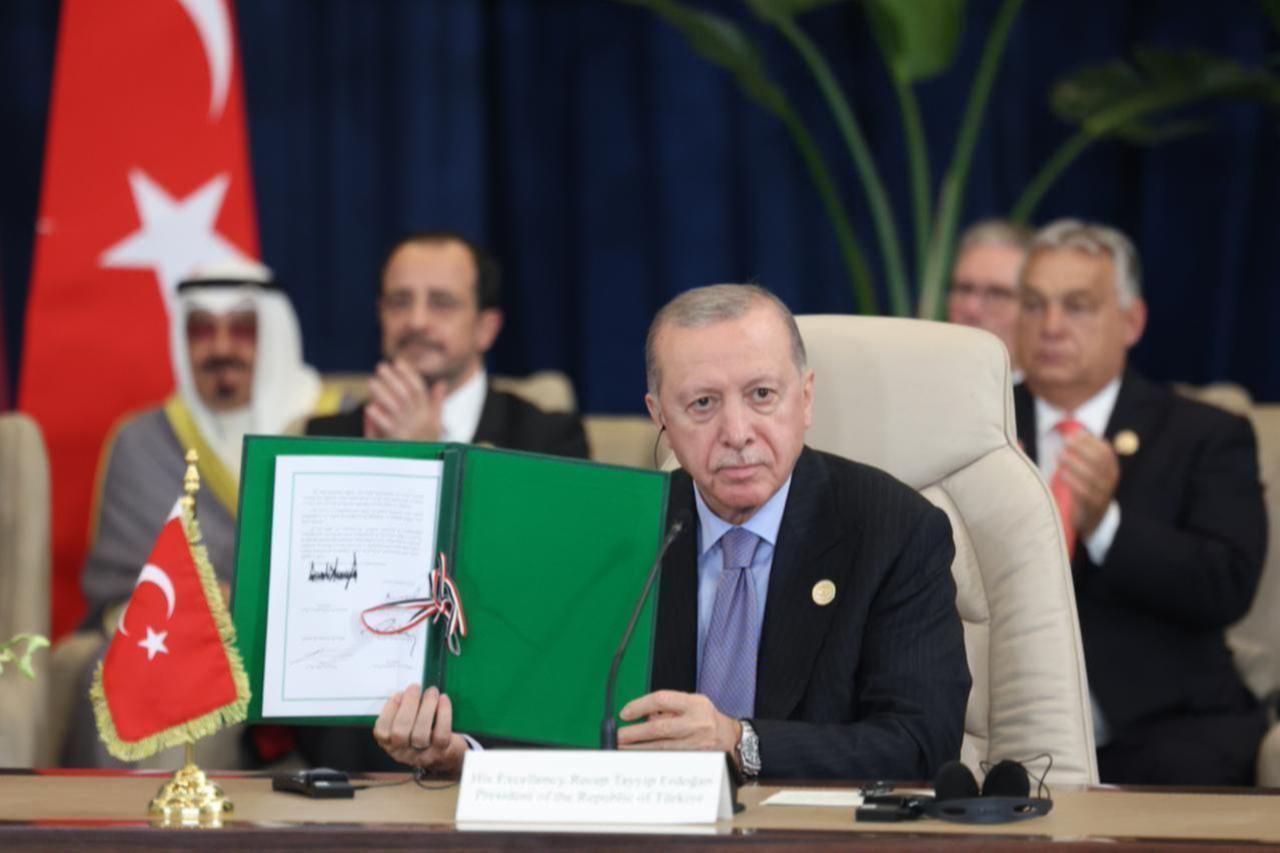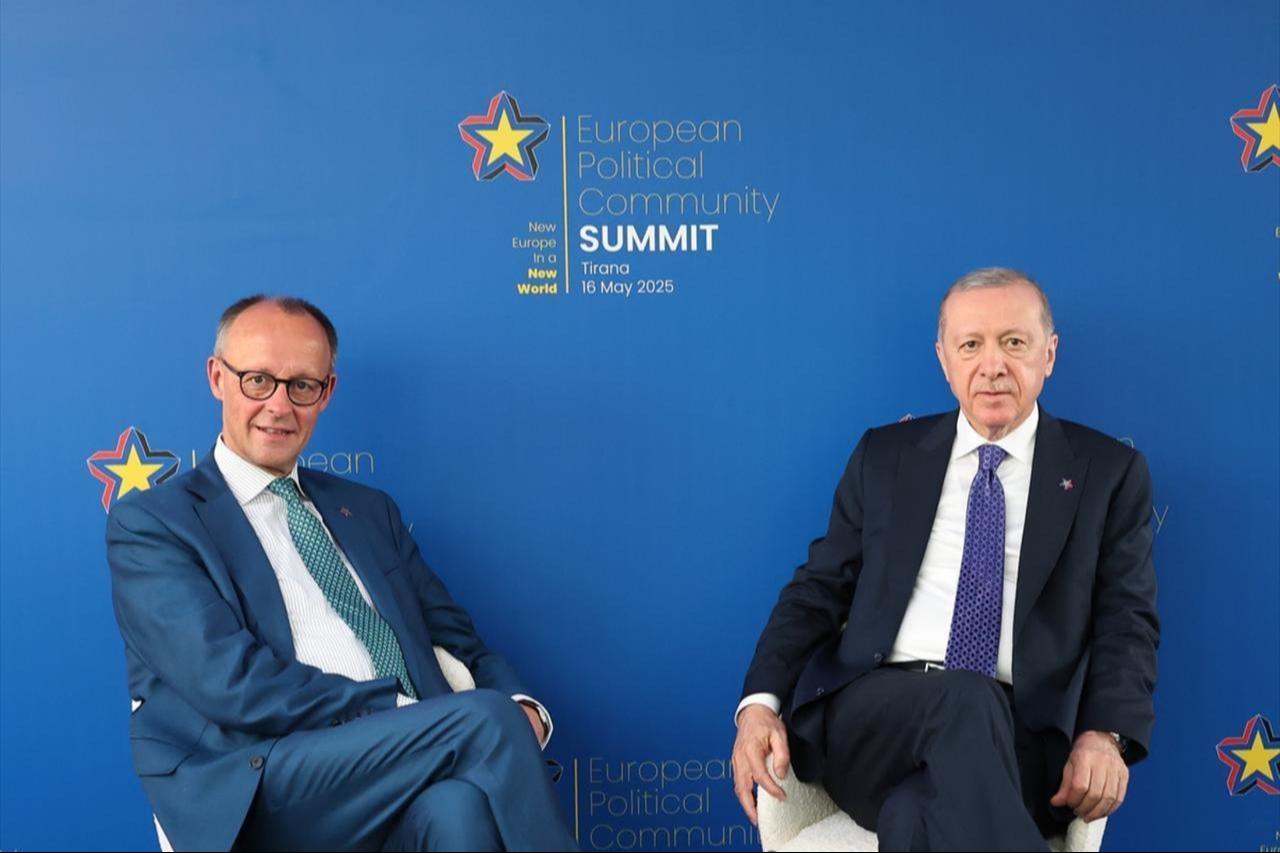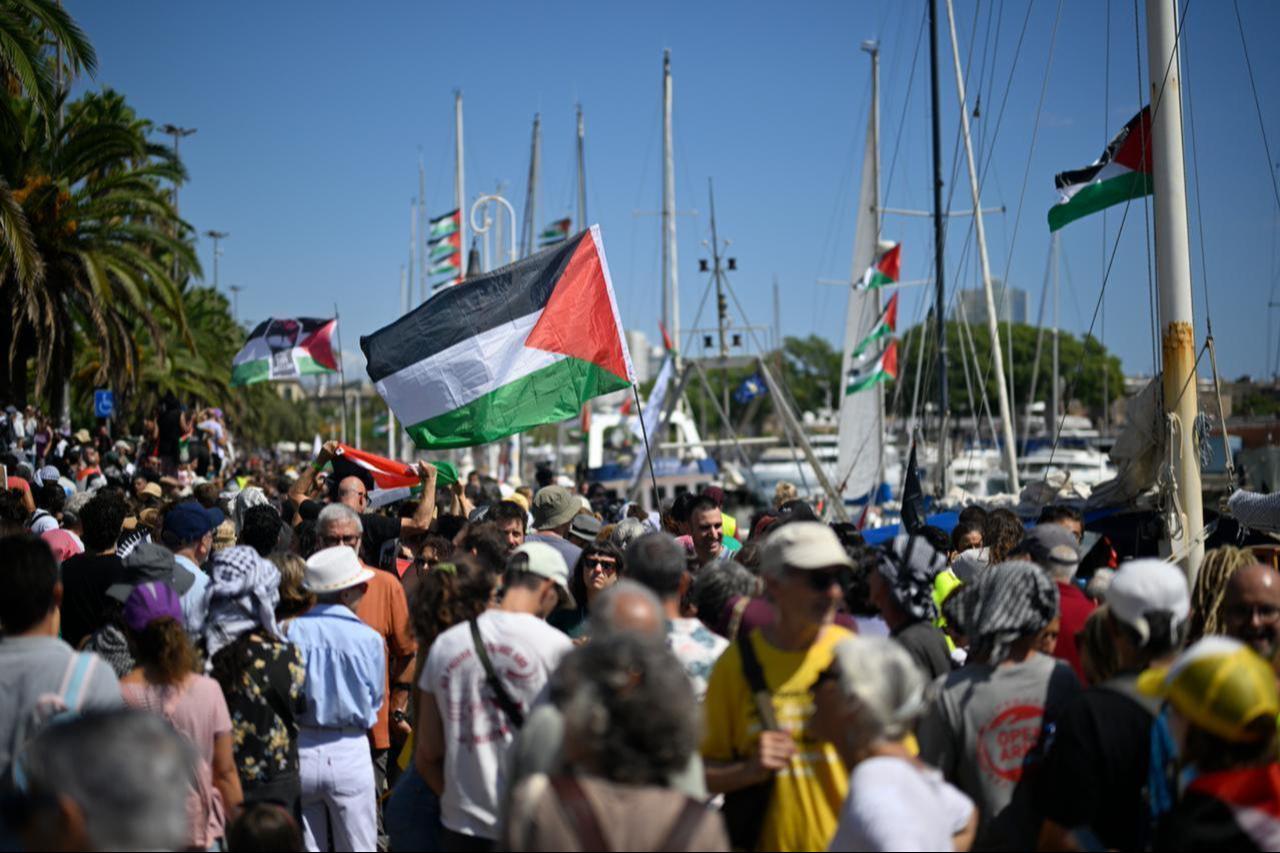
A political analysis published in the German newspaper Die Zeit argued that Türkiye is the main winner of the recent Gaza peace plan, as the Middle East undergoes a fundamental geopolitical reshaping.
In the analysis written by political science professor Herfried Munkler, Türkiye is described as the rising power of the new regional order.
Munkler said that while global attention focused on the peace celebrations in Sharm el-Sheikh, “the entire region is being reorganized, and Türkiye is winning.”
He wrote that Türkiye has extended its influence southward beyond Syria and is gradually moving away from Europe to become “the new hegemonic power of the Middle East.”
Munkler added that Ankara is “returning to the role it played until the end of World War I during the Ottoman Empire.”

According to Munkler, Türkiye’s exclusion from the European Union has accelerated this geopolitical shift.
“Türkiye remains a NATO member but now pursues an independent regional power policy not aligned with its European allies,” he said, arguing that NATO’s southeastern flank has weakened as a result.
He also noted that with Finland and Sweden joining NATO, the alliance’s strategic center has shifted northwestward, which could affect the future course of the Russia-Ukraine war.
Munkler wrote that Russia and Iran have emerged as the main losers of the Gaza peace process.
He pointed out that with the fall of Bashar al-Assad at the end of 2024, Russia lost its most important ally in Syria and had no role in mediating the cease-fire between Israel and Hamas.
“The fall of Assad and Moscow’s absence from the peace negotiations have severely weakened Russia’s position in the Middle East,” Munkler wrote.
He added that Iran, which long pursued regional hegemony through its proxies in Syria, Lebanon, Gaza and Yemen, now stands largely isolated.

Munkler said the traditional balance of power in the region is collapsing, adding that “the old Middle East is dissolving.”
He recalled that Israel had tried to build an axis with conservative Sunni monarchies through the 2020 Abraham Accords, but Iran countered by activating its regional allies: the Assad regime, Hezbollah, Hamas and the Houthis.
However, Munkler said these actors have since lost power: “The new regime in Syria will no longer serve Tehran’s interests, Hezbollah in Lebanon has been weakened, Hamas has been defeated militarily, and the Houthis overestimated their capabilities. Iran is now largely alone.”
Munkler concluded that Türkiye, along with Egypt and Saudi Arabia, is now among the key players shaping the new Middle East, while Israel finds itself caught between rival regional powers.
He argued that although the United States appears to have gained diplomatically, a stable regional order cannot depend on the unpredictable engagement of U.S. President Donald Trump.

“The hegemonic conflicts between Türkiye, Iran, Egypt, Saudi Arabia, and Israel will likely become a permanent feature of the region,” Munkler wrote, warning that this struggle for influence could lead to further militarization rather than lasting peace.
He added that Europe remains fragmented and unable to act with a single voice on Middle Eastern issues, while “Türkiye stands out as the only regional actor successfully expanding its influence.”